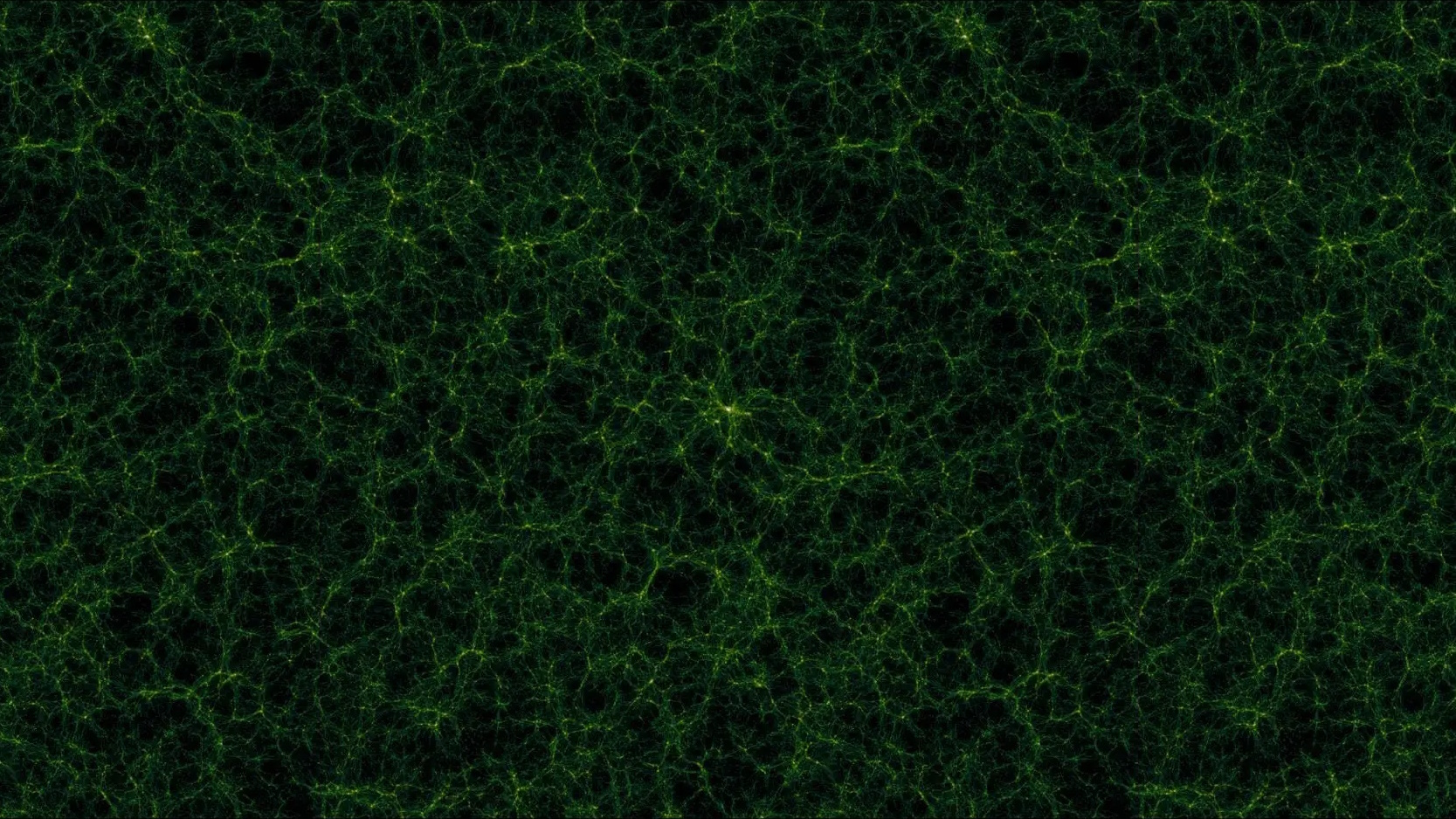The NYU Journalism critic on how to digest all the news that prints online.
Question: How is it possible to wade through so much news these days?
Jay Rosen: Well, this is a profound question because news today exists in a climate of abundant, whereas before it was sort of a scarcity model. And what I do is follow certain people and blogs and sites that are actually monitoring a much wider range of sources than I am. And so I delegate the work of finding the important news to expert filters, intelligent people who are doing just that, because this is a basic way of creating value on the net. So people who ask me all the time about information overload and isn’t it all too much and, oh, you know, this new age of information is turning to a disaster, and I meet with this kind of hysteria all the time, but actually, if you know who to follow and you know where to look, you can easily profit and benefit from this abundance because the tools for organizing information follow right behind the explosion of information that the net represents.
Question: Should online news aggregators take credit for breaking news?
Jay Rosen: Well, the example you gave was actually someone giving credit to an aggregator for something that appeared at that site, maybe they shouldn’t do that. But, let’s go back to what an aggregator is? What is [Matt Drudge]? What is the drudge report? It’s simply a guy in his apartment finding first new reports to have been posted on the web and collecting those that would be interesting to his audience in one place, that’s all his doing, scanning the web for what’s new and different and interesting. Now, this is something that if the major news media has decided to specialist in it, they could have been very good at from the beginning. They choose not to do that. Why? Because in order to be [Matt Drudge] or the [Huffington Post] or real clear politics or any number of bloggers who link constantly this stuff, you have to do exactly that, send people away from your site, transport them to another domain and the news industry which moans about aggregation didn’t want to develop that art and chose not to. And in fact to this day, most of the major news site don’t link out very often or very [willingly]. So don’t complaint about the drudge if you decided to turn down the art of aggregation and don’t bitch and moan about Google News if you don’t understand how it works and why it’s really a boon for you to be send all that traffic.
Recorded on: 08/19/2008





